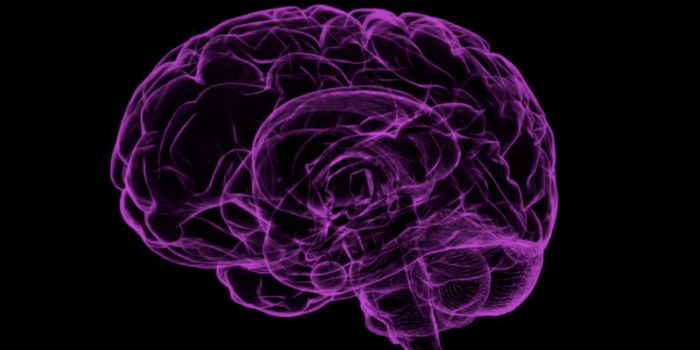A Genetic Mutation in One-Quarter of Labradors Triggers Obesity
Labrador retrievers are dogs that are known as friendly and outgoing companions that are good for families. They are larger dogs that usually weigh between 55 and 80 pounds. New research has identified a genetic mutation that predisposes about one-quarter of labs to obesity, as well as causes them to feel hungry constantly. This is a two-pronged problem that can make it extremely challenging to keep these dogs at a healthy weight; their owners have to be quite strict about food and ensure the dogs get enough exercise to stay slim.
This genetic mutation is found in a gene called POMC, which has a well-known role in the regulation of hunger, satiety, and energy use. It's estimated that 25 percent of Labradors and 66 percent of Flatcoated Retrievers have this POMC mutation, which is also known to increase the risk of obesity and promote interest in food. In this new study, which was reported in Science Advances, scientists have demonstrated how the mutation affects hunger in these dogs; they don't have to consume more food to feel full, but they get hungry in between meals,
The POMC mutation was also shown to affect energy use; dogs with the mutation expend 25 percent less energy while at rest compared to dogs without the mutation. So, dogs with the mutation don't even need to eat as many calories to stay at a normal weight.
“We found that a mutation in the POMC gene seems to make dogs hungrier. Affected dogs tend to overeat because they get hungry between meals more quickly than dogs without the mutation,” said study leader Dr. Eleanor Raffan of the University of Cambridge.
The POMC mutation changes a biochemical pathway that is linked to the control of body weight, and the mutation activates a hunger signal that causes the body to consume more food and conserve energy. This signaling happens when it's not needed, however, raising the risk of obesity in the dogs with the mutation.
Humans also have a POMC gene and similar pathways related to POMC in the brain. People with POMC mutations can experience extreme hunger and tend to be obese early in life. They are also at increased risk of health problems because of these issues. The pathway can affect other things as well, such as some skin conditions and sexual desire, so any modifications to it should probably made with care and only after a full understanding of how it works,
The mutation carried by labradors halts the production of chemical signals in the brain called beta-melanocyte stimulating hormone (β-MSH) and beta-endorphin. However, another signal related to POMC called alpha-melanocyte stimulating hormone (α-MSH) is unaffected.
Additional research has indicated that β-MSH and beta-endorphin could be relevant to moderating energy use or hunger, and this function may not have anything to do with α-MSH. This counters previous research that has been done in rats, suggesting that POMC mutations can cause obesity in humans because of the loss of α-MSH However, β-MSH is not found in rats, while both α- and β-MSH are present in humans and dogs.
“People are often rude about the owners of fat dogs, blaming them for not properly managing their dogs’ diet and exercise," noted Raffan. "But we’ve shown that Labradors with this genetic mutation are looking for food all the time, trying to increase their energy intake. It’s very difficult to keep these dogs slim, but it can be done.”
One potential solution, suggested the researchers, is to spread out a retriever's food consumption with a toy like a puzzle feeder, or by scattering food around so it takes the dogs longer to eat.
Sources: University of Cambridge, Science Advances









